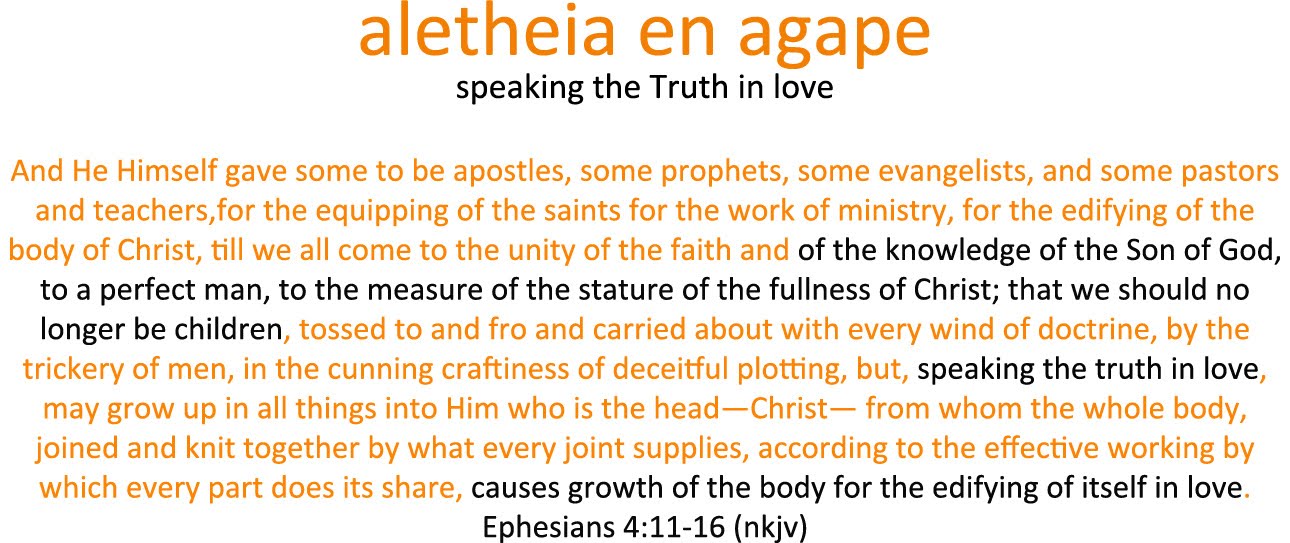What is the Organic Church?
By Brian Tubbs
When it comes to structure and practice, most Christian churches have it all wrong. At least that's what Frank Viola and George Barna argue in Pagan Christianity?: Exploring the Roots of our Church Practices. According to Viola, Barna, and what's called the "organic church" movement, churches that follow scripted orders of worship in their services, pay clergy, and/or erect buildings with pulpits and chairs are more "pagan" than Christian.
Advocates for the "organic church" argue that the structure of the early church and modern church are very different. They say the early church was characterized by open participation and leadership by the Holy Spirit, whereas the modern church is too scripted, too hierarchical, and completely outside what Jesus intended.
What is the "Organic Church" Movement?
To read more, click HERE or go to http://biblestudies.suite101.com/article.cfm/what_is_the_organic_church
Frank Viola, one of the leading advocates for the organic church (or "house church") movement, describes the organic church as a "church that is born out of spiritual life instead of...human institutions" and which is characterized by "Spirit-led, open-participatory meetings and nonhierarchical leadership." (Viola, Frank and Barna, George. Pagan Christianity? Exploring the Roots of our Church Practices. Tyndale, 2008).
In Pagan Christianity?, Viola described an organic church meeting he recently attended as an example of what one might expect. He writes: "We met in a large living room. In the meeting, every member shared his or her experience with the Lord that week....The meeting was so full of life that there were no pauses and no silence. We heard from our Lord from every member of the body in that room." (Viola and Barna).
Those who have attended house church meetings describe experiences in which some people sing, others read poems, some offer a brief devotional or sermonette, and so forth. In many cases, chairs are set in a circle with everyone facing inward. There is no pulpit. And there is no organized agenda.



